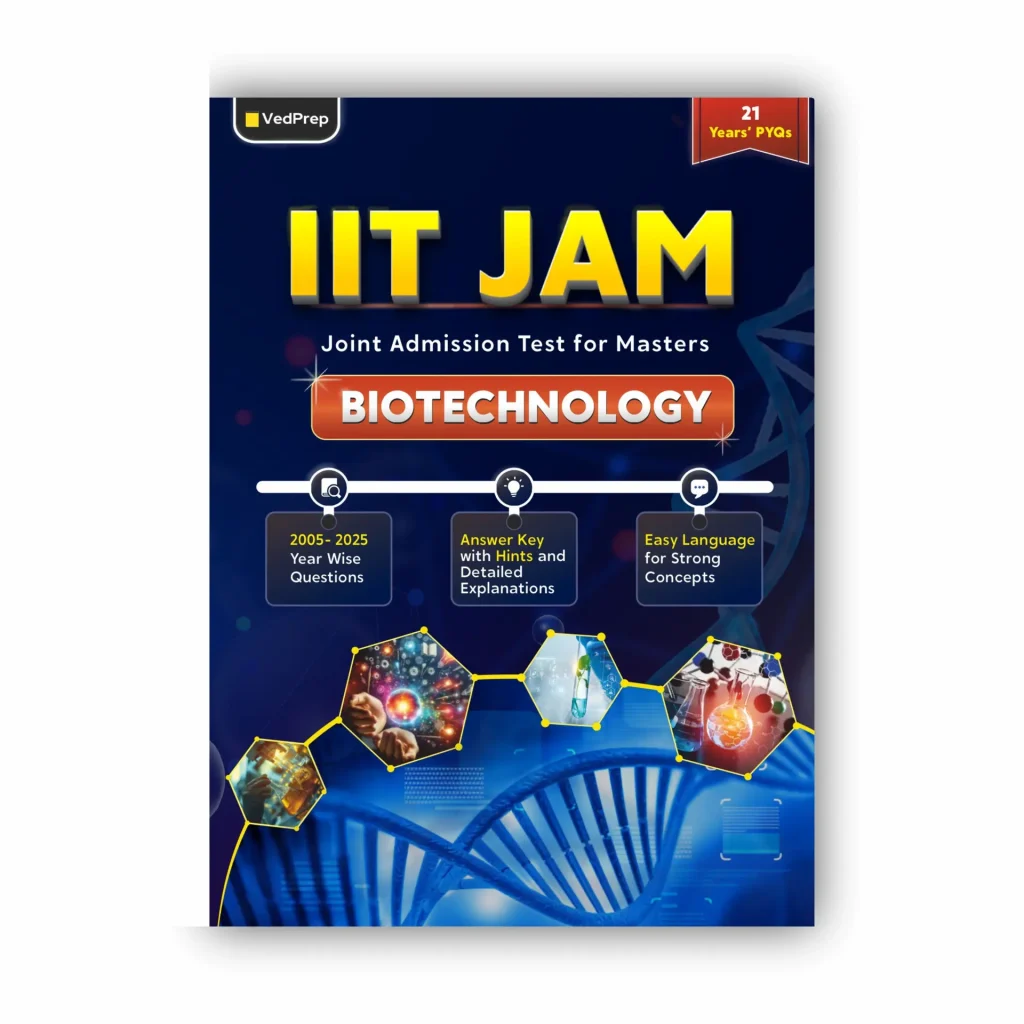CSIR NET exam pattern is crucial for candidates aspiring to qualify for lectureship and Junior Research Fellowship (JRF) in science and technology disciplines. Conducted by the Council of Scientific and Industrial Research (CSIR), the exam assesses a candidate’s aptitude, subject knowledge, and analytical skills. Understanding the CSIR NET exam pattern helps in strategizing effective preparation.
CSIR NET
CSIR NET exam is conducted twice a year, generally in June and December, and covers subjects in the fields of science and technology. The subjects that are covered in the CSIR NET exam are:
- Chemical Sciences
- Earth Sciences
- Life Sciences
- Mathematical Sciences
- Physical Sciences
These subjects are crucial for research and academic roles in the respective disciplines. CSIR NET exam assesses candidates’ knowledge and understanding of basic concepts, analytical skills, and their aptitude for research.
CSIR NET Exam Pattern Key Features
CSIR NET exam pattern is designed to assess a candidate’s ability in the chosen subject. Let’s break down each of these aspects in detail.
1. Mode of CSIR NET Exam
CSIR NET exam pattern specifies that the exam is conducted in a computer-based test (CBT) format. CSIR NET exam is taken at various designated centers across India. This digital format aligns with modern testing standards and is part of the standard CSIR NET exam pattern.
2. CSIR NET Exam Duration
As per CSIR NET exam pattern, the duration is 3 hours (180 minutes). There is only one paper in the exam, divided into three sections: Part A, Part B, and Part C. Candidates must complete all sections within the given time.
3. Number of Papers in CSIR NET Exam
CSIR NET exam consists of a single paper. This paper is divided into three sections, each testing different levels of comprehension, reasoning ability, and knowledge.
Structure of the Paper:
- Section A: General Science, comprising 20-25 questions. This section tests the candidates’ ability in areas like scientific reasoning, analytical thinking, and basic concepts of physical sciences, mathematical sciences, and life sciences.
- Section B: Subject-related questions (based on the subject the candidate has opted for) with 35-45 questions. This section tests candidates’ understanding of the fundamental and advanced concepts in their chosen subject area.
- Section C: Higher-level questions related to the specific subject area (40-50 questions). These questions are more conceptual and analytical, designed to test the in-depth knowledge and ability of candidates to apply their learning to practical situations.
4. CSIR NET Question Types
The questions in the CSIR NET exam are divided into three types:
- Objective Type Questions: These are multiple-choice questions (MCQs) where candidates are asked to choose the correct answer from four options. Each correct answer carries a specific number of marks, while incorrect answers may result in a deduction of marks.
- Assertion-Reasoning Questions: These questions are designed to assess the logical reasoning of candidates. Candidates are provided with an assertion and a reasoning statement, and they must decide if both statements are true or if one is true and the other is false.
- Matching Type Questions: These questions require candidates to match items from two different columns based on their knowledge. The answers are selected from a list of choices that fit the criteria.
5. CSIR NET Marking Scheme
CSIR NET exam consists of three parts – Part A (General Aptitude), Part B (Subject-specific MCQs), and Part C (Analytical/Conceptual questions). Marking scheme for the CSIR NET exam follows a negative marking system. The details of the marking scheme are as follows:
| Subject | Part A (15/20) | Part B | Part C | Neg. Marking |
| Chemical Sciences | 2 marks | 2 marks (35/40) | 4 marks (25/60) | 25% in all parts |
| Earth Sciences | 2 marks | 2 marks (35/50) | 4 marks (25/80) | 25% (A & B), 33% in Part C |
| Life Sciences | 2 marks | 2 marks (35/50) | 4 marks (25/75) | 25% in all parts |
| Mathematical Sciences | 2 marks | 3 marks (25/40) | 4.75 marks (20/60) | 25% (A & B), No negative in C |
| Physical Sciences | 2 marks | 3.5 marks (20/25) | 5 marks (20/30) | 25% in all parts |
Negative marking applies in all sections (except Part C in Mathematical Sciences).
6. Subjects Covered in the CSIR NET Exam
CSIR NET exam is subject-specific, and candidates must choose one of the five subjects offered by the council. These subjects are designed to test a candidate’s depth of knowledge in their area of interest.
- Chemical Sciences: Topics include organic chemistry, physical chemistry, inorganic chemistry, and analytical chemistry.
- Earth Sciences: Topics include geology, meteorology, oceanography, and environmental sciences.
- Life Sciences: Topics include biochemistry, molecular biology, microbiology, genetics, and ecology.
- Mathematical Sciences: Topics include algebra, analysis, geometry, and calculus.
- Physical Sciences: Topics include classical mechanics, quantum mechanics, thermodynamics, and electromagnetism.
Each subject has a different set of topics, but all require deep subject knowledge and analytical thinking.
CSIR NET Syllabus
Understanding the syllabus for the CSIR NET exam is crucial for effective preparation. The syllabus is designed to test the candidate’s knowledge in three primary areas: general science, subject-specific knowledge, and research aptitude. The official CSIR NET syllabus provides details on specific topics within each subject and serves as a valuable resource for exam preparation.
CSIR NET Exam Preparation Tips
- Know the Syllabus: Carefully go through the syllabus for the subject you are appearing for. Focus on understanding core concepts and advanced topics.
- Practice Previous Years’ Papers: Practicing previous years’ papers will help you understand the type of questions asked and the exam pattern.
- Time Management: Since the exam is time-bound, practice solving questions within the allocated time for each section.
- Stay Updated: Follow the official CSIR NET website for any updates or changes to the exam pattern or syllabus.
- Mock Tests: Regular mock tests will help you gauge your preparation level and improve speed and accuracy.














